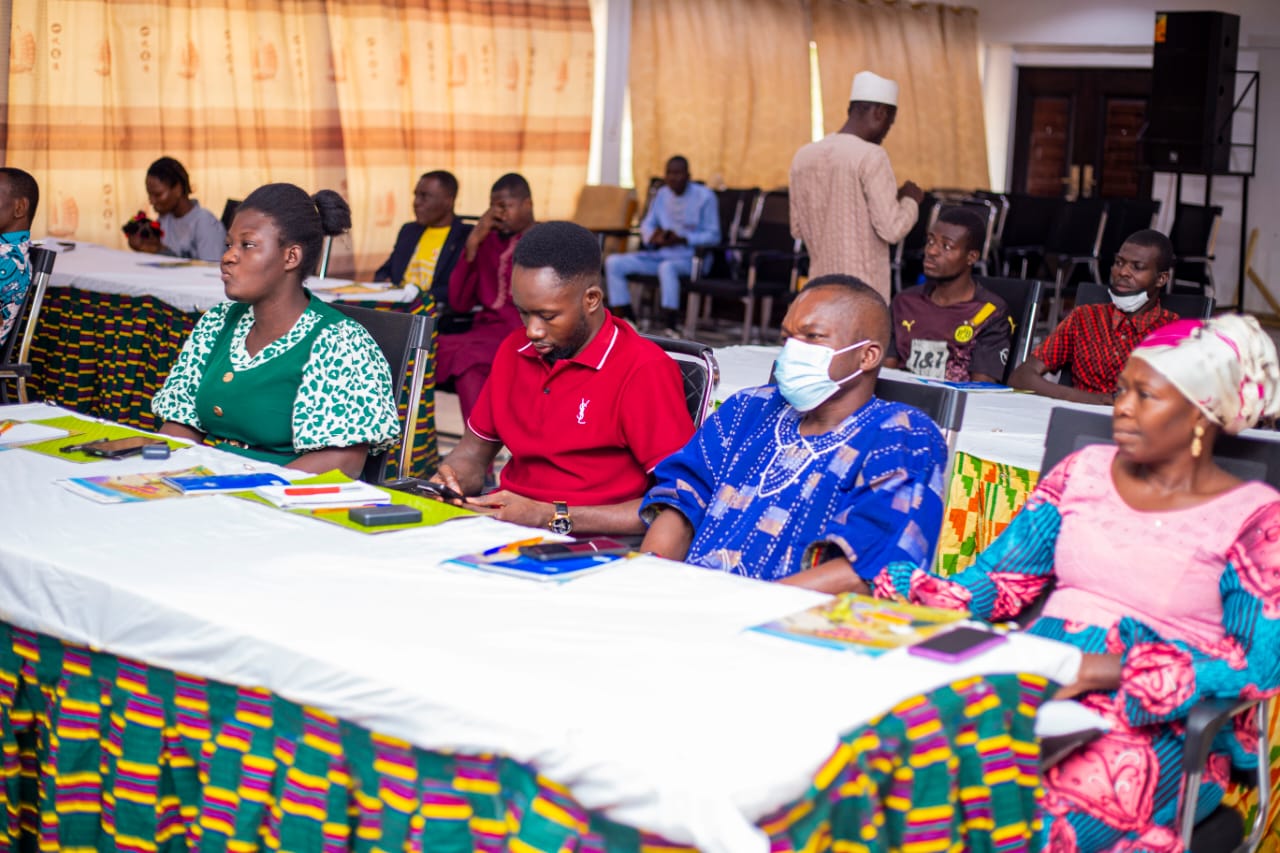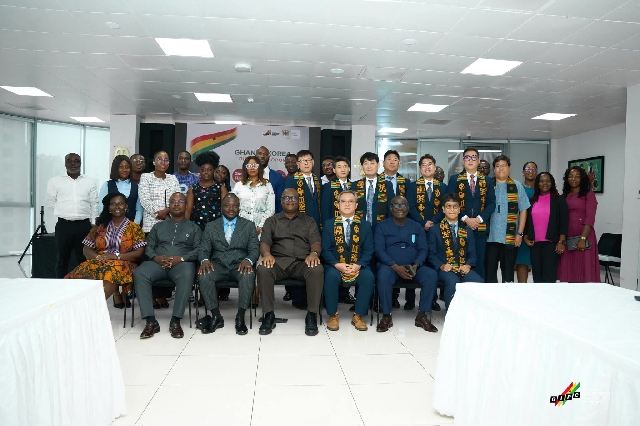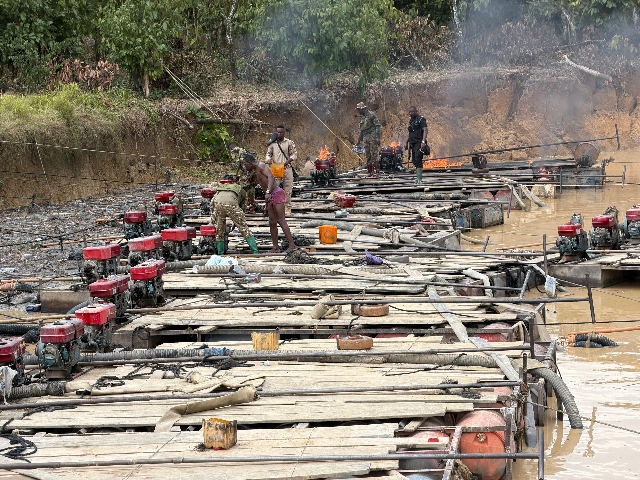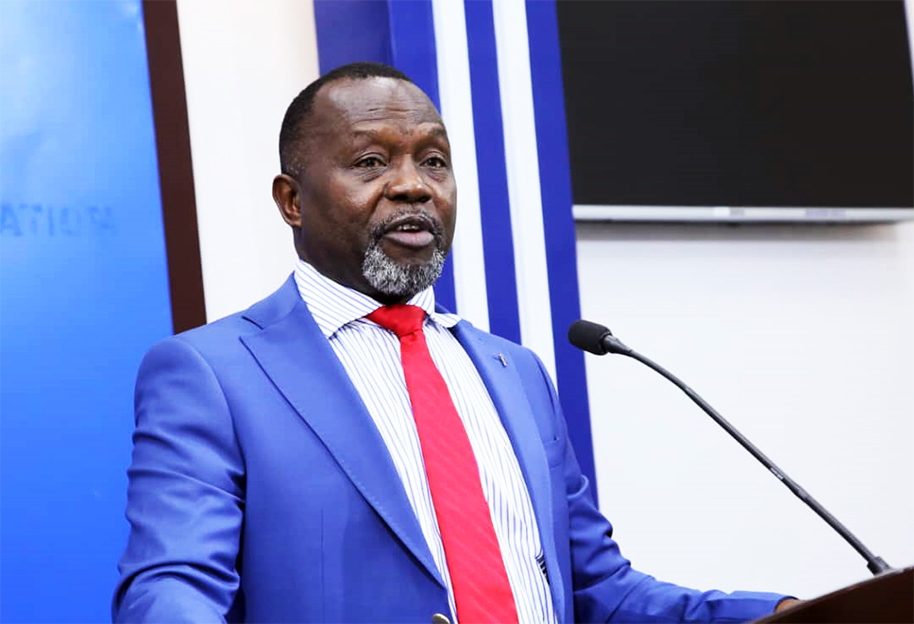BasicNeeds-Ghana has taken a significant step towards improving maternal and child health outcomes in the Upper East Region by training 200 health care workers on managing the mental health of pregnant women. Apexnewsgh reports
This initiative is part of a larger project aimed at supporting the poorest and most vulnerable women and girls in the region.
The project, according to Mr. Bernard Azuure, Upper East BasicNeeds Programme Coordinator, seeks to strengthen community systems to deliver integrated, people-centred services. These services include HIV, TB, sexual reproductive health (SRH), and mental health and psychosocial support during the peripartum period. The target beneficiaries are women and adolescent girls living with or at risk of HIV, TB, and gender-based violence/intimate partner violence (GBV/IPV).
The project also aims to address gender-based differences and inequalities in access to healthcare services and health status among pregnant and postpartum women and adolescent girls. By doing so, it hopes to promote equitable access to healthcare and improve overall health outcomes for this vulnerable population.
By training health workers to manage mental health issues during pregnancy, BasicNeeds-Ghana is taking a crucial step towards improving maternal and child health outcomes in the Upper East Region. This initiative has the potential to make a significant impact on the lives of women and girls in the region, and it is a testament to the organization’s commitment to promoting holistic healthcare.
Dr. Dennis Bomansang Daliri, a respected health worker and the Upper East Regional psychiatrist, highlighted the complexities of postpartum mental health issues, emphasizing that they can have severe short- and long-term consequences for newborns. These challenges are often difficult for parents to deal with, and in extreme cases, can lead to tragic outcomes such as suicide and infanticide, although these are rare. The financial burden on healthcare systems is substantial.
Dr. Daliri outlined the psychological approach used at his facility to address these challenges. A key component of this approach is motivational interviewing, a technique that helps individuals progress from denial to realization and ultimately to deciding to change. This approach acknowledges that overcoming postpartum mental health issues takes time, patience, and support.
He further emphasized the crucial role of psychosocial support for pregnant women during an engagement with health workers. He stressed that offering emotional and practical assistance is vital for expectant mothers, as it can significantly impact their mental health and overall well-being. By providing psychosocial support, healthcare providers can help alleviate common pregnancy-related stressors, reduce the risk of mental health disorders like depression and anxiety, and foster a positive maternal-fetal relationship.
Dr. Daliri’s message was clear: “A happy mother is a happy baby.” By prioritizing psychosocial support, healthcare providers can play a pivotal role in shaping maternal experiences and outcomes. This approach underscores the importance of comprehensive maternal care that integrates emotional and psychological well-being, ultimately contributing to healthier families.
Source: Apexnewsgh.com











